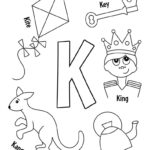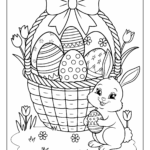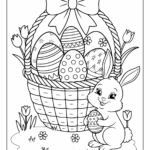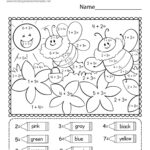Are you looking for a fun and creative way to keep your kids entertained? Look no further than printable coloring pages! With a wide variety of designs available online, you can easily find something to suit every child’s interests and preferences.
From animals to superheroes to princesses, the options are endless when it comes to coloring pages. Simply print them out, grab some crayons or markers, and watch your little ones’ creativity come to life!

coloring pages on love
Coloring Pages on Love
Looking for a special way to show someone you care? Why not print out some love-themed coloring pages and spend some quality time coloring together? It’s a simple yet meaningful activity that can bring you closer and create lasting memories.
Coloring pages are also a great way to relax and unwind after a long day. Whether you’re a busy parent, a stressed-out student, or just someone looking for a creative outlet, coloring can be a therapeutic and enjoyable way to de-stress and clear your mind.
Get creative with your coloring pages by experimenting with different coloring techniques, such as shading, blending, and adding texture. You can also try incorporating other art supplies, like glitter glue, stickers, or even watercolors, to take your creations to the next level.
So why wait? Start exploring the wonderful world of printable coloring pages today and unleash your inner artist!

Hearts Coloring Pages Free Coloring Pages

From busy moms, coloring pages on love has wall art for every purpose.
With stylish and smart wall art downloads, it is easy to stay inspired any day of the week.
46 I Love You Coloring Pages Free PDF Printables

Love Coloring Pages Best Coloring Pages For Kids

Cute Love Coloring Pages 9 Free Printable Pages Easy Coloring Pages For Kids

46 I Love You Coloring Pages Free PDF Printables
Make coloring pages on love part of your homeschool routine and transform your walls.
Whether it’s for learning reinforcement, coloring pages on love is your go-to resource. Choose your favorite, and boost your space








